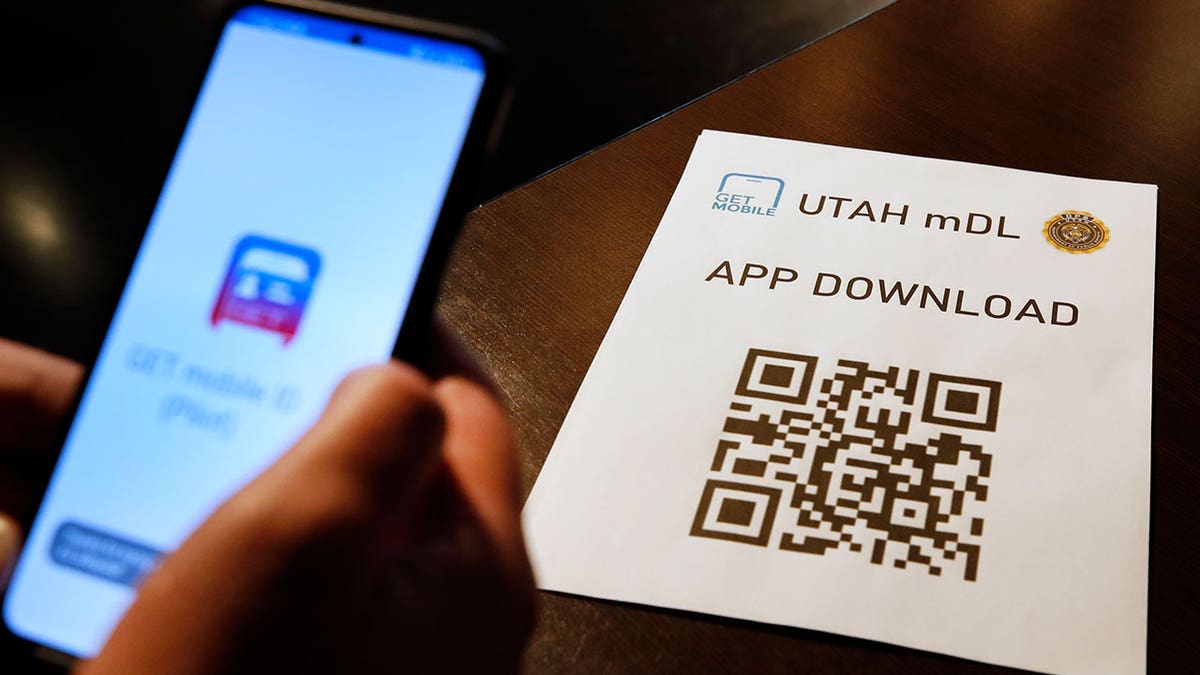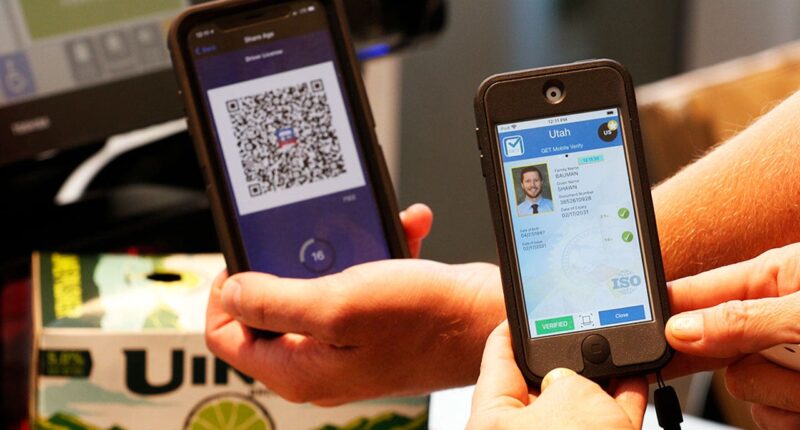Share this @internewscast.com
As of Wednesday, over 2.8 million people in Britain have signed a petition urging the U.K. government to halt its mandatory Digital ID system. These citizens are worried it might lead to “mass surveillance and digital control.”
The initiative, known as “Brit Card,” was announced last week by U.K. Prime Minister Keir Starmer. It aims to be introduced by August 2029. The Labour government hopes it will reduce illegal immigration, as those without a digital ID would be prohibited from working in the U.K.
But critics of the plan argue its effects on illegal immigration will not be significant enough to make up for the privacy concerns it poses.
Starr pointed out that British citizens are particularly protective of personal freedom in ways other countries might not be. He explained that many individuals are wary of government involvement in their daily lives and fear that a digital ID could be used for government monitoring.
There is concern that each use of a digital ID could potentially notify a government tracking system, a point raised by groups such as the Electronic Frontier Foundation and the ACLU.
“The issue isn’t the technology itself but rather managing fears and overseeing what is actually implemented,” Starr emphasized, suggesting that precautions can be set up to address these worries.
Even though there is no federal version of a digital ID, more than a dozen states have already begun issuing mobile driver’s licenses.
In theory, a government-issued digital ID would simply contain information the government already possesses, such as passport details.
But there’s another major concern people flag when it comes to digital IDs – how to ensure personal information is protected from identity theft, which has become a major concern in recent years amid mass cyber breaches.

A person scans and downloads an app to start the process of converting their physical driver license to an official digital version to be stored on a mobile phone at a Harmons Grocery store on Aug. 4, 2021 in Salt Lake City, Utah. (George Frey/Getty Images)
According to Starr, the “architecture of digital identity” is different from centralized databases used by institutions like hospitals, which have found themselves vulnerable to cyber-attacks and data breaches.
Decentralized systems, as in the case of a digital ID, make hacking “nearly impossible” because “the only way to hack a million IDs is to hack a million phones,” he explained.
“There are solutions. It’s not a technology issue, it’s an education issue, it’s a fear issue,” Starr said. “It’s also poorly conceived solutions that open the door for bad behavior.”

















